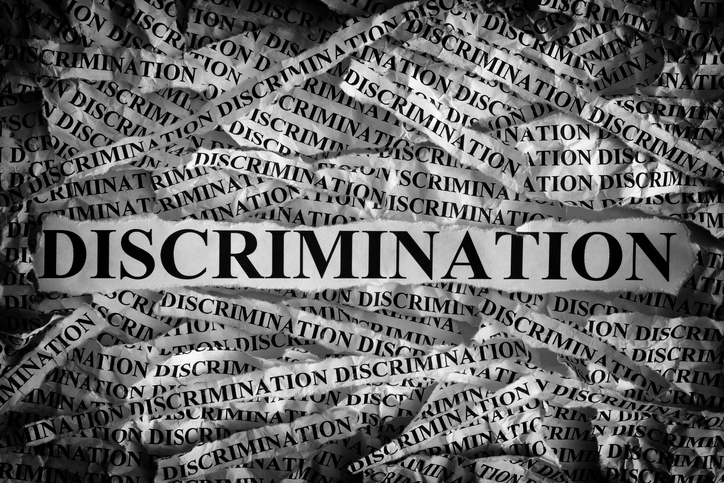Discrimination arising from disability – a low threshold for unfavourable treatment.
In addition to protection from direct and indirect disability discrimination, harassment and victimisation, disabled employees are also protected from discrimination arising from disability. An employer unlawfully discriminates against a disabled employee if they are treated unfavourably because of something arising in consequence of their disability and the employer cannot show that this treatment is a proportionate means of achieving a legitimate aim. Unfavourable treatment is not defined in the legislation and the Supreme Court has recently provided some additional guidance on this point.
Mr Williams suffers from Tourette’s syndrome and other conditions and is therefore disabled within the meaning of the Equality Act. He was employed by a University. For the first 10 years he worked full time, but his disabilities began to seriously impact his ability to carry out his role. This initially resulted in an agreed reduction in his working hours (with pro-rated pay) as a reasonable adjustment. However, following a long period of absence and surgery, the medical advice was that he was likely to be permanently incapable of efficiently discharging his duties. Mr Williams successfully applied for ill-health early retirement at the age of 38.
Under the terms of the University’s pension scheme he received a lump sum payment immediately without reduction for early receipt, plus an enhancement calculated as though he had continued to be employed to normal retirement age, a very generous scheme. However he claimed discrimination arising from disability because this enhancement was calculated on the basis of his actual pro-rated salary at the date of retirement as opposed to his previous full time salary.
The Supreme Court considered whether a detriment needed to be established and/or whether a subjective or objective test should be applied. However it simply held the correct approach is to first identify the relevant treatment and then determine if that treatment was unfavourable to the claimant. Mr William’s case was dismissed because being awarded a pension is not unfavourable, particularly given that had he been able to work full time he would have had no immediate right to any pension at all.
The key takeaway for employers is that there is a relatively low threshold of disadvantage required for a claimant to satisfy the meaning of unfavourable treatment, but beneficial treatment cannot be considered unfavourable even if the employer had an opportunity to treat the employee yet more advantageously.
